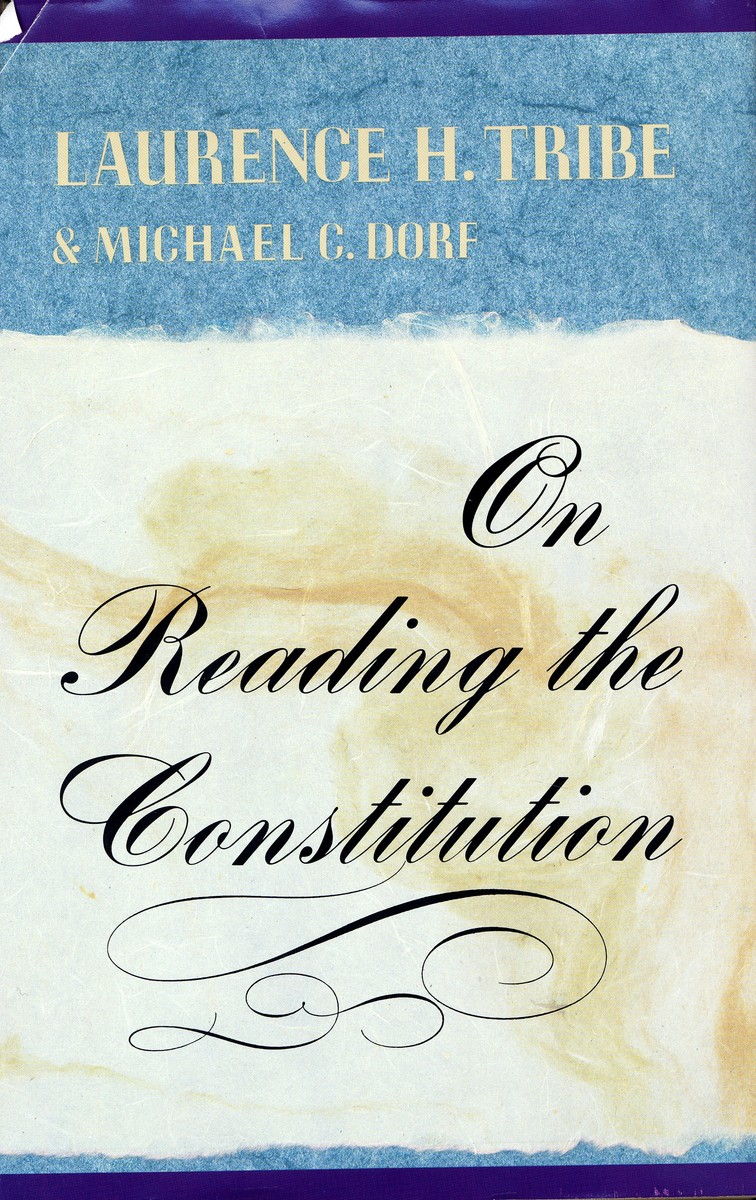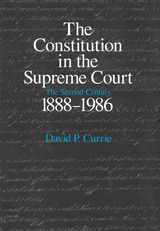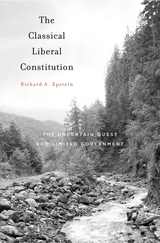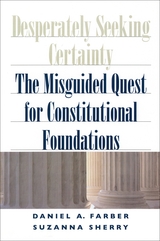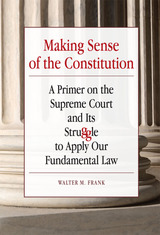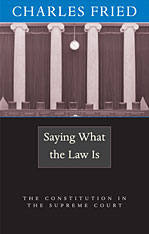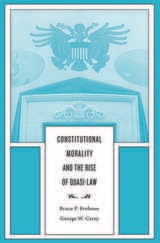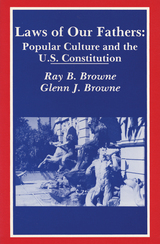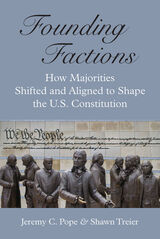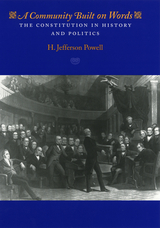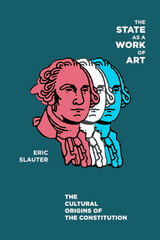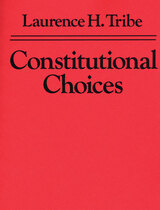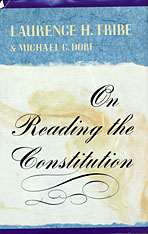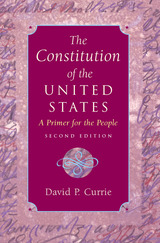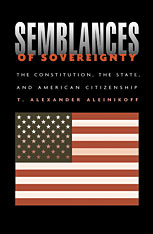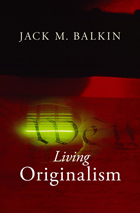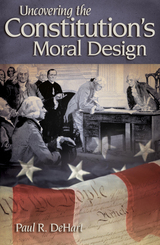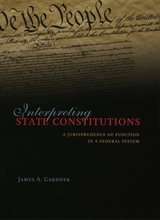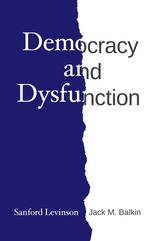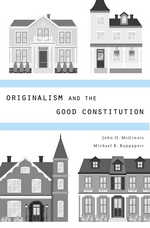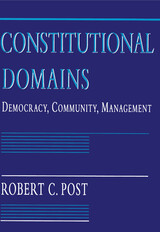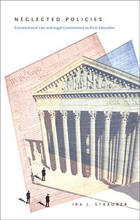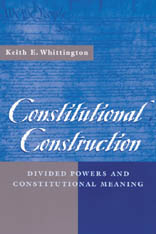On Reading the Constitution
Harvard University Press, 1991
Paper: 978-0-674-63626-2 | Cloth: 978-0-674-63625-5 | eISBN: 978-0-674-04445-6
Library of Congress Classification KF4550.T787 1991
Dewey Decimal Classification 342.7302
Paper: 978-0-674-63626-2 | Cloth: 978-0-674-63625-5 | eISBN: 978-0-674-04445-6
Library of Congress Classification KF4550.T787 1991
Dewey Decimal Classification 342.7302
ABOUT THIS BOOK | REVIEWS | TOC
ABOUT THIS BOOK
Our Constitution speaks in general terms of “liberty” and “property,” of the “privileges and immunities” of citizens, and of the “equal protection of the laws”—open-ended phrases that seem to invite readers to reflect in them their own visions and agendas. Yet, recognizing that the Constitution cannot be merely what its interpreters wish it to be, this volume’s authors draw on literary and mathematical analogies to explore how the fundamental charter of American government should be construed today.
See other books on: Constitution | Constitutional law | Dorf, Michael C. | Reading | Tribe, Laurence H.
See other titles from Harvard University Press
